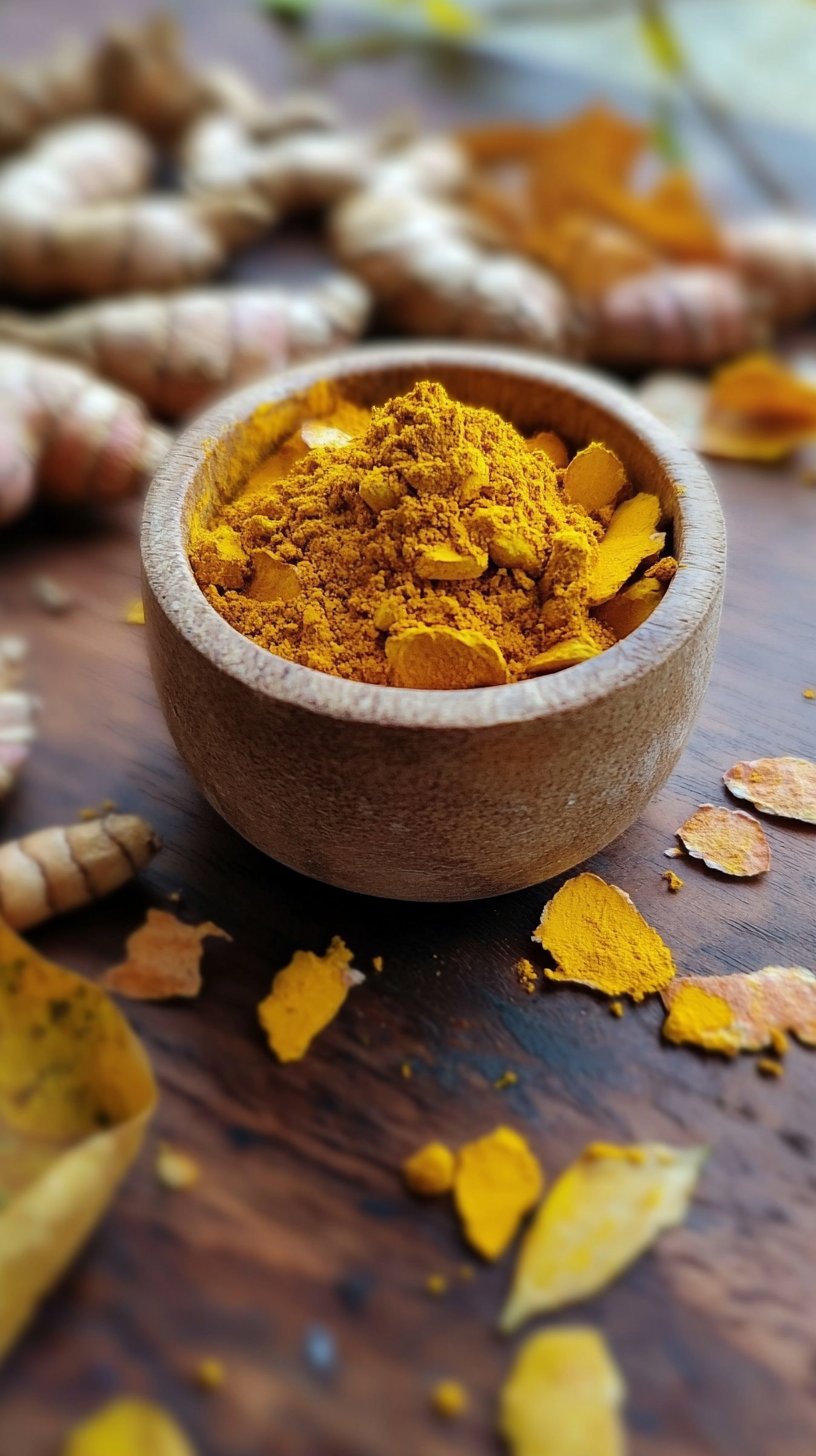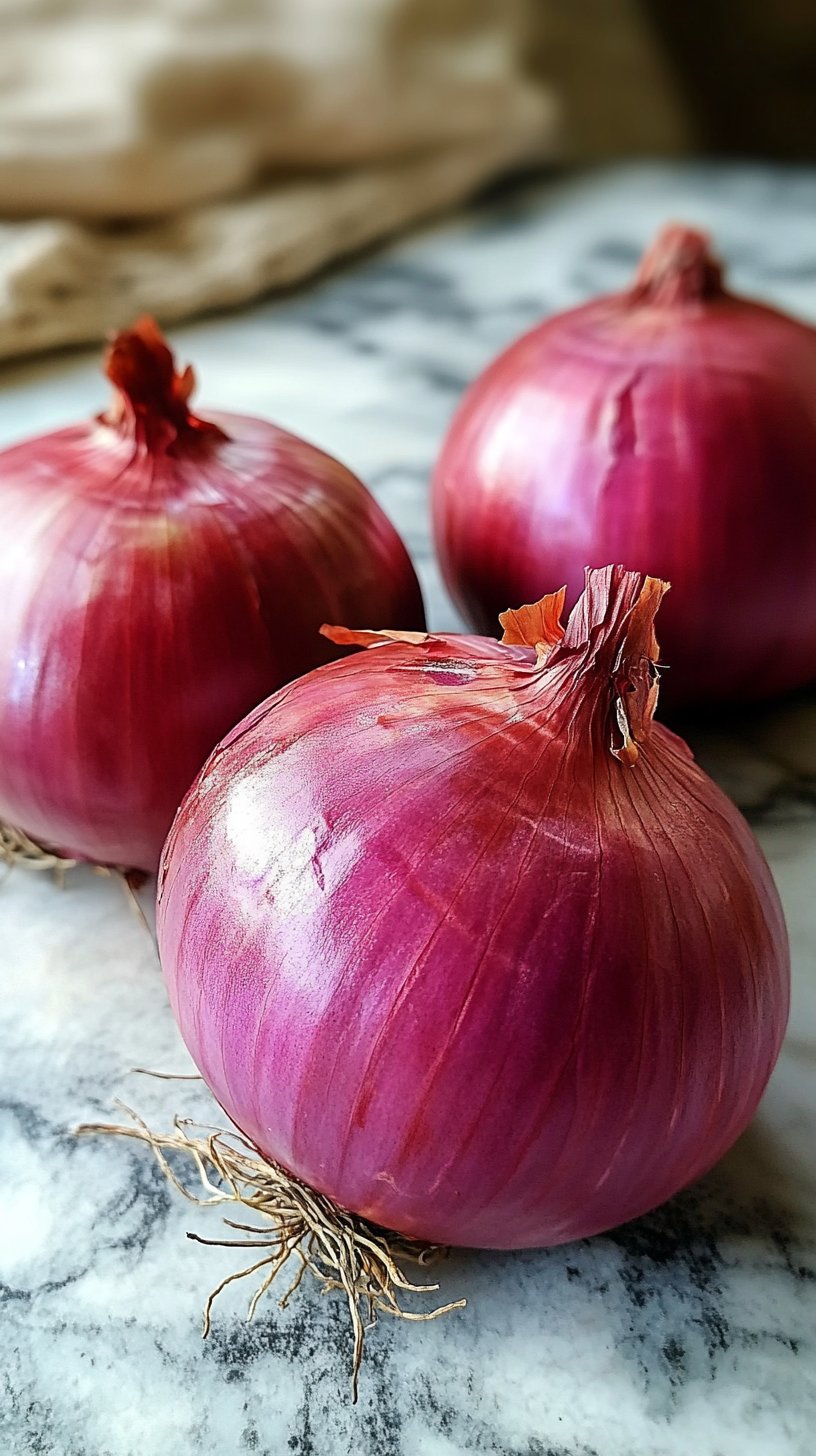As vegan protein powder grows in popularity, more people are asking: Is vegan protein powder safe for kidneys? This question is particularly relevant for individuals who rely on plant-based diets or use protein supplements. Understanding how vegan protein impacts kidney health is crucial, especially for those with pre-existing conditions like chronic kidney disease (CKD).
In this article, we will explore the key considerations behind the question: Is vegan protein powder safe for kidneys? We’ll dive into the types of vegan protein powders, their benefits, and how they compare to animal-based proteins.
Understanding the Connection Between Protein and Kidney Health
When asking, “Is vegan protein powder safe for kidneys?” it’s important to know that all proteins impact kidney function. The kidneys are responsible for filtering blood, removing waste, and balancing fluids. This means they are closely involved in processing protein intake.
Studies have explored this topic to answer whether vegan protein powder is safe for kidneys, especially for people with CKD or those concerned about kidney strain
Why Kidney Health Is a Concern with Protein
The kidneys are responsible for filtering blood, removing waste, and regulating fluid and electrolytes. When you consume protein, your body breaks it down into amino acids. These amino acids either build tissues or convert into waste products, such as urea, which the kidneys excrete.
A high protein intake can make the kidneys work harder, especially for those with chronic kidney disease (CKD). Over time, this increased workload may cause further kidney damage. However, not all proteins are equal in their effects on the kidneys. Vegan protein powders tend to produce fewer waste products and have a lower acid load. This makes them potentially safer for kidney health.
Types of Vegan Protein Powders and Their Effects on Kidneys
Not all vegan protein powders are the same. Different plant proteins have varying nutrient profiles and impacts on the kidneys. Let’s explore the most popular types.
1. Pea Protein
Pea protein is made from yellow peas and is rich in lysine, an amino acid that supports tissue repair. It has a moderate digestibility score, meaning it’s relatively easy to absorb.
Impact on Kidneys:
Research shows that plant-based proteins like pea protein create less waste than animal-based proteins. Pea protein is also lower in phosphorus and purines, both of which are harmful to kidney health when consumed in excess.
2. Hemp Protein
Hemp protein comes from hemp seeds and is known for its high fiber and healthy fats (omega-3 and omega-6). Though it has a lower protein content than pea and rice proteins, it’s still a complete protein.
Impact on Kidneys:
The fiber in hemp protein helps reduce the kidneys’ acid load. It also contains omega-3 fatty acids, which have anti-inflammatory properties. Like other plant-based proteins, hemp is low in phosphorus and purines, making it safer for kidneys.
3. Rice Protein
Rice protein is hypoallergenic and easy to digest, making it suitable for those with food sensitivities. It’s often combined with pea protein to improve its lysine content.
Impact on Kidneys:
Rice protein, like other plant-based options, is low in phosphorus. It produces fewer waste products, making it a safer option for those with CKD. Its hypoallergenic nature is also a benefit for individuals with food allergies.
4. Soy Protein
Soy protein is a complete protein but has been debated due to its phytoestrogen content. It provides all essential amino acids, making it popular in vegan protein powders.
Impact on Kidneys:
Some studies suggest soy protein can reduce proteinuria (excess protein in urine) in CKD patients. However, its higher phosphorus levels may be harmful to kidney health. Moderation is key, especially for those with existing kidney concerns.
The Science Behind Protein and Kidney Health
To understand how vegan protein powders affect kidney health, we must examine protein metabolism and the kidneys’ role in filtering waste.
How the Kidneys Process Protein
When you consume protein, your body breaks it down into amino acids. Any excess amino acids are converted into urea, a waste product, which the kidneys filter out. This process can strain the kidneys, especially with high protein intake.
The Role of Acid Load
Animal-based proteins create a higher acid load, which puts stress on the kidneys. In contrast, plant-based proteins produce less acid, reducing strain. This lower acid load is especially beneficial for individuals with CKD.
Studies on Vegan Protein and Kidney Health
Several studies have compared the effects of plant-based versus animal-based proteins on kidney function. Research shows that diets rich in plant-based proteins are linked to a lower risk of kidney damage and slower CKD progression.
A study in the American Journal of Kidney Diseases found that replacing animal proteins with plant proteins, such as those in vegan protein powders, reduces strain on the kidneys. Another study, published in the Journal of Renal Nutrition, showed that individuals who ate more plant-based proteins had a reduced risk of kidney function decline.
Benefits of Vegan Protein Powder for Kidney Health
Vegan protein powders offer several benefits that make them safer for kidney health compared to animal-based protein powders.
1. Lower Acid Load
Plant-based proteins generate less acid than animal-based proteins. This lower acid production helps protect the kidneys from damage. This is particularly important for people with CKD.
2. Lower Phosphorus and Purine Content
Phosphorus and purines are harmful substances found in many animal proteins. High levels of phosphorus are especially dangerous for those with CKD, as their kidneys cannot remove it efficiently. Vegan protein powders, like those made from peas and rice, are low in phosphorus and purines, making them a better option for kidney health.
3. Anti-Inflammatory Properties
Some plant-based proteins, such as hemp protein, contain omega-3 fatty acids. These fats have anti-inflammatory properties, which help protect the kidneys from chronic inflammation.
4. Slower Kidney Disease Progression
For individuals with CKD, a plant-based diet, including vegan protein powders, may help slow the disease’s progression. Lowering the acid load and phosphorus intake reduces strain on the kidneys.
Risks of High Protein Diets for Those with Pre-Existing Kidney Conditions
Although vegan protein powders are safer for kidney health, moderation is still necessary for individuals with kidney conditions.
Risks of Excessive Protein Intake
Excessive protein, even from plant sources, can put extra strain on the kidneys. This is especially true for people with CKD. Too much protein can increase urea production, raise phosphorus levels, and elevate uric acid, all of which negatively affect kidney function.
Protein Restrictions for CKD Patients
For those with CKD, doctors may recommend a low-protein diet to reduce kidney strain. Even with these restrictions, plant-based proteins are often preferred because they produce less waste and are easier on the kidneys. Nutritionists might suggest adding vegan protein powders to a CKD-friendly diet to meet protein needs without overburdening the kidneys.
Common Myths About Vegan Protein and Kidney Health
There are several myths about vegan protein powders and kidney health. Let’s address some of the most common ones.
Myth 1: All Protein Is Bad for the Kidneys
This myth suggests that all protein is harmful to the kidneys, whether from plant or animal sources. The truth is that plant-based proteins are less taxing on the kidneys due to their lower phosphorus and acid content.
Myth 2: People with Kidney Disease Should Avoid All Protein
While people with CKD must monitor protein intake, they shouldn’t avoid it altogether. Without adequate protein, muscle loss and other health problems can occur. The key is to consume plant-based proteins in moderation, under the guidance of a healthcare provider.
Myth 3: Vegan Protein Powders Are Inferior to Animal-Based Proteins
Many believe vegan protein powders are less effective for muscle-building than animal proteins. However, plant-based proteins, such as pea and rice protein, provide all essential amino acids when consumed in the right combinations.
FAQs: Common Questions About Vegan Protein and Kidney Health
Can Protein Powder Damage Your Kidneys?
Too much protein, whether from plants or animals, can strain the kidneys. However, vegan protein powders are typically safer because they produce fewer waste products and have a lower acid load.
What Protein Powder Is Best for Kidney Disease?
Vegan protein powders made from peas, hemp, and rice are recommended for people with CKD. These options are low in phosphorus and purines, which makes them easier on the kidneys.
Is Plant-Based Protein Powder Hard on Kidneys?
No, plant-based proteins are generally easier on the kidneys than animal-based proteins. They generate less waste and have a lower acid load.
How Much Protein Is Too Much for Kidneys?
For healthy individuals, up to 1.2 grams of protein per kilogram of body weight is safe. Those with kidney concerns should consult a healthcare provider to determine the right amount.
Can Vegan Protein Prevent Kidney Damage?
While no protein source can prevent kidney damage, vegan protein powders may help slow the progression of kidney disease by reducing acid load and waste production.
Final Thoughts: Is Vegan Protein Powder Safe for Kidneys?
Vegan protein powders can be a safer alternative to animal-based protein powders, particularly for those with kidney health concerns or CKD. By choosing high-quality plant proteins like pea, hemp, or rice protein, you can meet your protein needs without putting undue strain on your kidneys. Always consult your healthcare provider to ensure you’re consuming the right amount of protein for your specific health needs. With the proper balance, vegan protein powder can be a valuable addition to a kidney-friendly diet.






